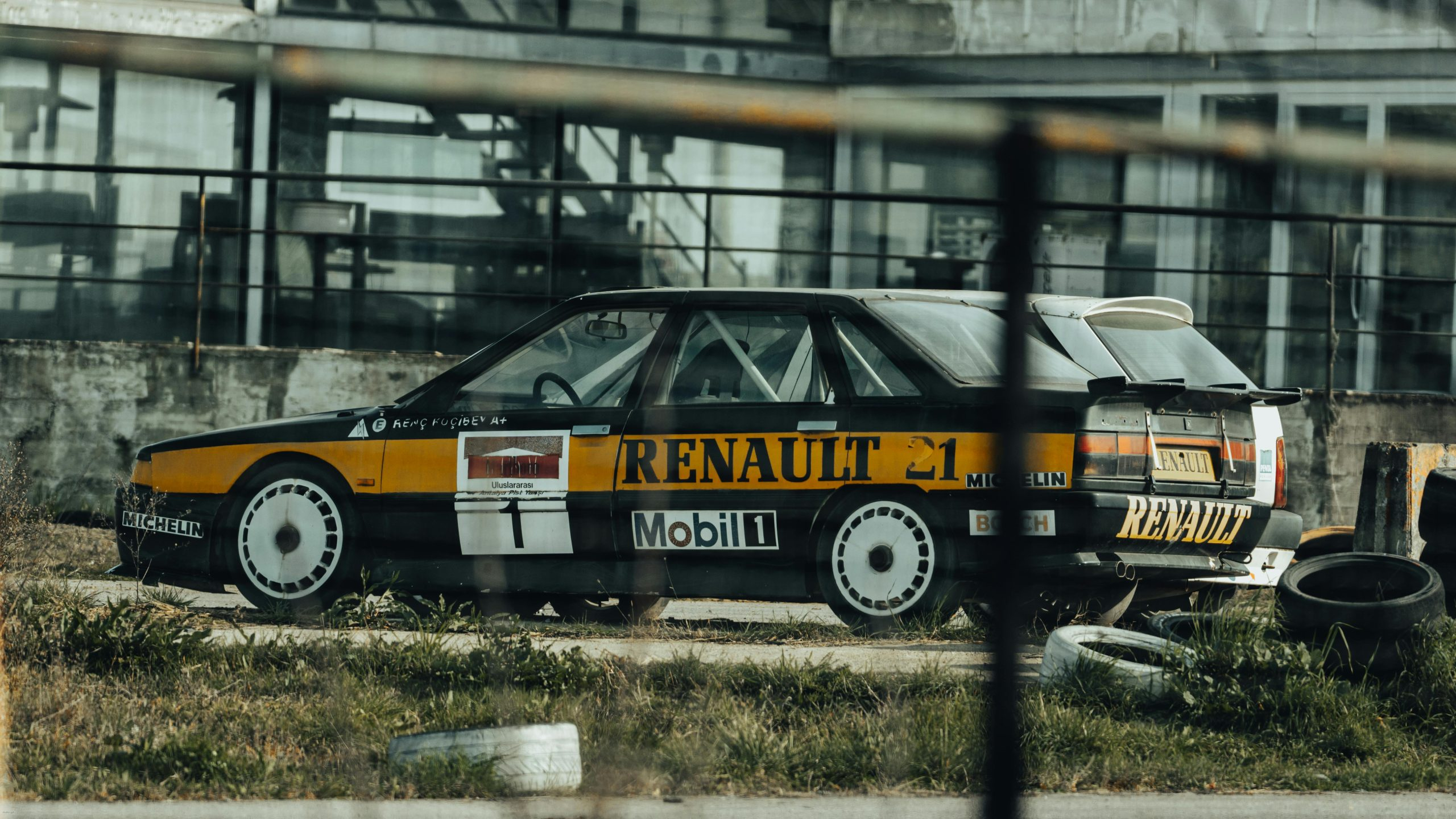Circular Car Factories: How BMW Recycles 95% of Old Vehicles
When we think of car factories, we often imagine massive buildings filled with machines and workers assembling new vehicles. However, BMW is revolutionizing the way cars are made with their circular car factories. These factories not only produce new cars, but also recycle 95% of old vehicles, making them pioneers in environmentally sustainable manufacturing. In this article, we will delve into the world of circular car factories and learn how BMW is setting the bar for eco-friendly car production.
The Concept of Circular Car Factories
Circular car factories follow the principles of the circular economy, which is a philosophy that promotes the reuse, recycle, and reduce of resources. In the traditional linear economy, resources are extracted, manufactured into products, used, and discarded. However, in the circular economy, resources are kept in use for as long as possible and their value is maximized through recycling and repurposing. This approach not only reduces waste but also minimizes the impact on the environment.
A New Way of Manufacturing
BMW has taken the concept of the circular economy and applied it to the automotive industry with their circular car factories. These factories are designed to not only produce new cars but also recycle old ones. The production process is designed in a circular way, where parts and materials are reused and repurposed rather than being discarded after use. This not only reduces the environmental impact but also creates a closed-loop system, where waste is minimized and resources are conserved.
The BMW Recycling Process
So how does BMW recycle 95% of old vehicles? Let’s take a closer look at their recycling process.
Step 1: Dismantling
When an old BMW vehicle is brought to the recycling facility, it goes through a dismantling process. All parts that can still be used are removed, including engines, transmissions, and axles. These parts are then either refurbished for reuse or sold to third-party companies for use in other vehicles.
Step 2: Shredding
Once all usable parts are removed, the remaining structure of the vehicle is shredded into small pieces. These pieces are then sorted into different materials such as steel, aluminum, and plastic.
Step 3: Recycling
The sorted materials are then sent to different recycling facilities where they are processed into new materials. For example, steel is melted down and turned into new steel, while plastic is melted and reformed into new plastic products. This process not only reduces waste but also conserves resources by using recycled materials in the production of new cars.
The Environmental Benefits of Circular Car Factories
BMW’s circular car factories bring numerous environmental benefits. The most significant benefit is the reduction of waste, as 95% of old vehicles are recycled and repurposed. This means fewer cars end up in landfills, reducing the environmental impact of automotive production. Another benefit is the conservation of resources. By reusing and recycling materials, the need for new resources is reduced, leading to a more sustainable use of our planet’s resources.
Elevating the Automotive Industry
BMW’s circular car factories are not only beneficial for the environment but also for the automotive industry as a whole. The concept of circular economy and the implementation of circular car factories challenges the industry to rethink the traditional linear production process. This shift towards a more sustainable approach can inspire other car manufacturers to follow suit, resulting in a more eco-friendly automotive sector.
Conclusion
Circular car factories are the future of car manufacturing, and BMW is leading the way with its innovative approach. By recycling 95% of old vehicles and implementing circular production processes, BMW is setting an example for other car manufacturers to follow. The benefits of circular car factories go beyond environmental sustainability, as they also bring economic and societal benefits. As consumers become more conscious of the environmental impact of their purchases, companies like BMW are paving the way for a greener future.











